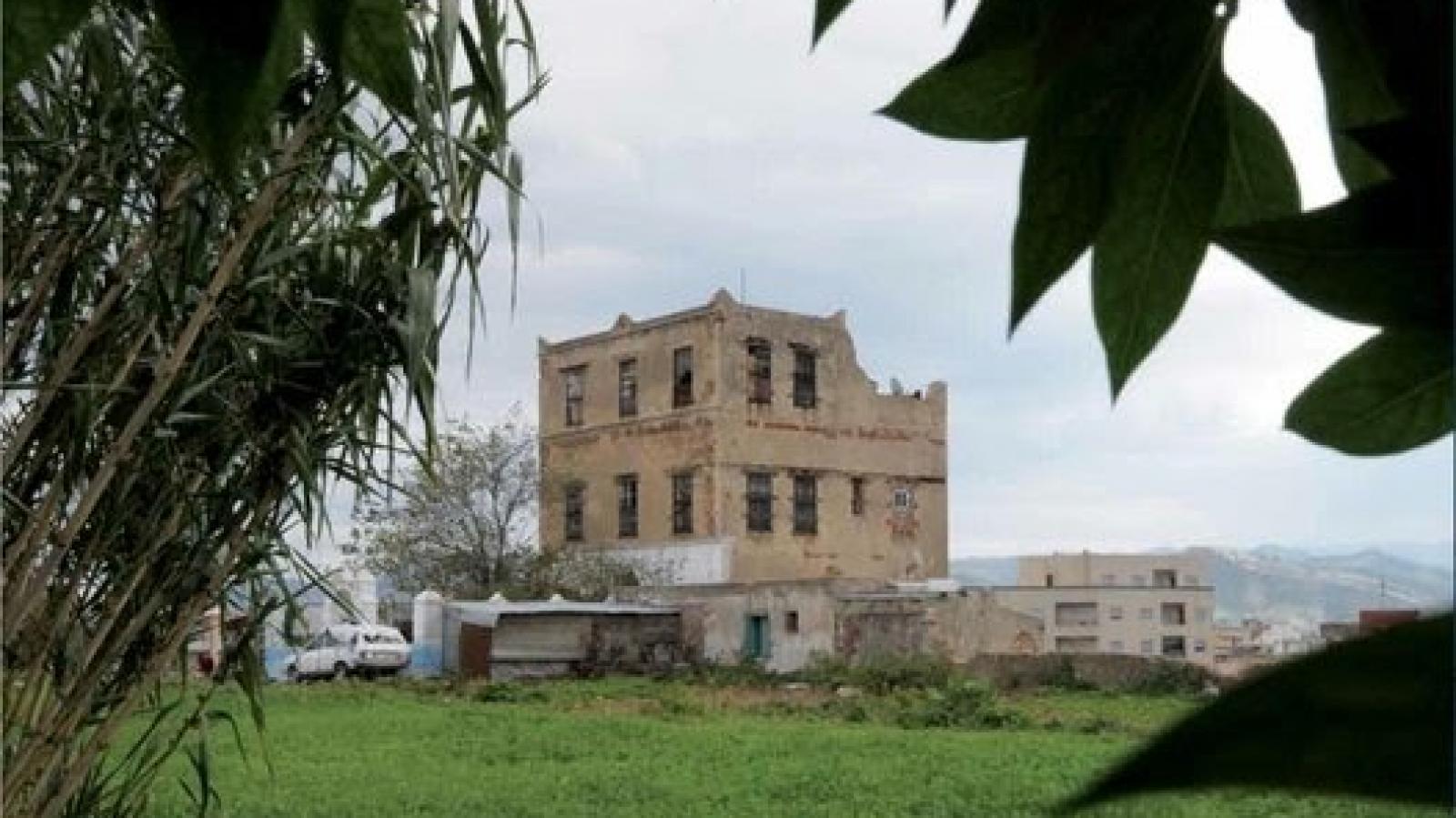Dar Brisha, Tétouan
“Our dreams soon faded away and we woke up on the dawn of independence, the era we long thought it was going to be one of light and emancipation” Al Mehdi Moumni Dar Brisha is well-known as the property of a family from Fez who played outstanding political, economic and diplomatic roles in 19th and 20th century Morocco. The building is on a hill overlooking the Mhennesh River in Tetoun in Northern Morocco. It is of traditional architectural design with a dome, a ground floor and two upper floors, surrounded by a
garden. Brisha held a great number of governmental positions including serving as the City Mayor of Tetouan in 1927. In independent Morocco, the household became a secret detention center. A report of the Justice and Reconciliation Committee states that the people who were arrested and tortured there were of various professions and political affiliations. Most of those who participated in the battle against colonialism was kidnapped, tortured, and killed.
The names of the imprisoned overflow in the archives of the Toud family. The site is also documented in Al Mehdi Moumni Tejkabi’s testimonies and a letter sent by Mohamed Ben Abdel Krim AL Khattabi Ben AL Hassan Al Wazzani during the 1958-59 rebellion in the Rif province.
Dar Berisha hosted the victims of the political struggle and the violent conflicts between the parties and militias in the region of Nothern Morocco. Al Mehdi Moumni Tejkabi states in his
book Dar Berisha or a Story of a Detainee: “Dar Berisha got into the gate of history via a partisan controversy between the Shuri's and independence activists. It was understood according to our goodwill and our synergetic resistance of colonialism to be a conflict not far from being a controversy over the right means and tools, and where the objective and the cause were only one compound thing. Our dreams soon faded away and we woke up on the dawn of independence, the era we long thought it was going to be one of light and emancipation…” Al Mehdi Moumni Tejkabi states in his book Dar Brisha or a Story of a Detainee: “Dar Brisha entered the annals of history via a partisan controversy between the Shuri's and independence activists. It was understood in good faith according to our cohesive resistance to colonialism to be a division not far from rising to a conflict over the right means and tools, and where the objective and the cause were one. Our dreams soon faded away and we woke up on the dawn of independence, the era we long thought was going to be one of light and emancipation”.
Images
